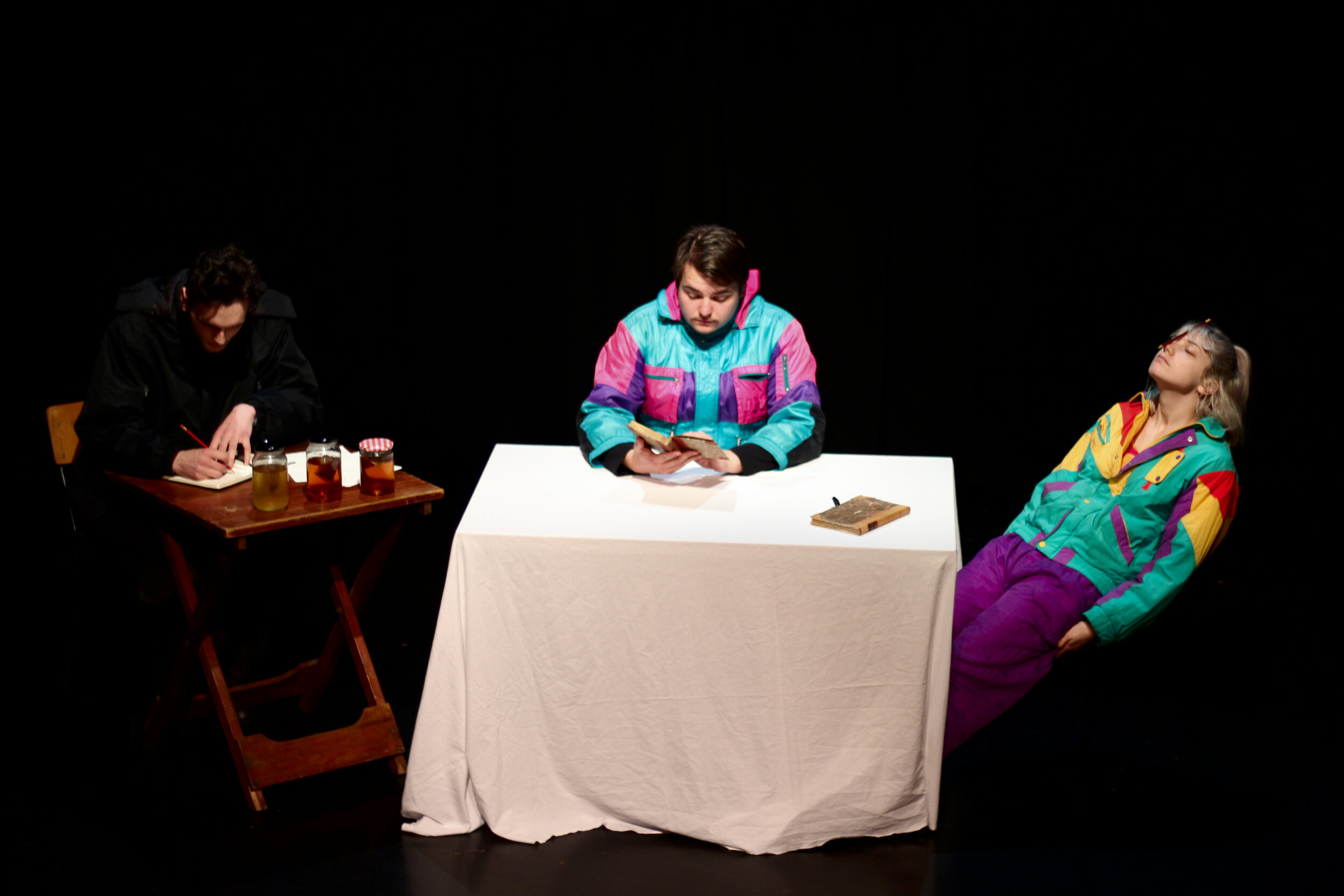“Whether you’re talking about cyber punk, or futuristic space opera, or elves and orcs, we know that fiction helps bring out empathy in other people,” Marnee Chua says.
This is her third summer as the Executive Director of Clarion West, and fresh off yet another successful six-week writing workshop that the organization has become famous for over the past 34 years, enthusiasm oozes from her every word.
“We also know that a lot of people who go into the science field read science fiction,” she goes on.
This was the case for her. She explains that she’s “unknowingly” been a fan of the speculative fiction genre forever: these stories invigorated her imagination as a girl and inspired her to earn a degree in Environmental Studies from the University of Oregon, despite the fact that the heroic protagonists she read about were all men.
“If you’re reading the books and there are no stories about people that look like you,” she continues, “you don’t really get the chance to see yourself in that role and project what you may become.”
After building a successful career in the non-profit world, an opportunity at Clarion West allowed Chua to return to the fiction which shaped her childhood. Today, she’s dedicated to diversifying the genre as a whole by creating a global network of writers that hope to inspire readers from every walk of life to achieve what we can only imagine.
Chua describes speculative fiction as stories that offer “alternate histories” and introduce “a ‘what if’ scenario” for readers to compare to reality. They indulge in the all too human instinct “to project a different future on to the world,” and along the way, even accidentally, they often reveal something about the source of this mentality. “It’s all a reflection of ourselves,” Chua explains.
Recently, and especially because of the genre’s focus on science, there’s been a proliferation of stories expressing concern for the natural environment.
“You see a huge number of dystopian stories about just after some natural disaster in the past 10 to 20 years, stories that really focus on the possibility—probability—of climate change,” she says.
Even in these survivalist stories, though, some of the most captivating elements of speculative fiction have little to do with the physical scenery and everything to do with the societal landscape. Margaret Atwood’s book The Handmaid’s Tale, written in the 80’s and adapted into an adored TV series today, might be the best example. While declining birth rates are the inciting incident for Atwood’s dystopian world, it is her astute depiction of a society dedicated to exploiting and degrading fertile women which brought the book so much fame. The story has forced audiences to confront misogyny that is subverted but still present in our own world, provoking protests colored by the symbolic red hoods of the handmaids and proving the power of imaginary societies to shape our own.
Seattle, with a trademark blend of intellectual angst that has influenced generations of punk rockers and poets alike, is the perfect home for speculative fiction, and it had a home here with Clarion West a decade before Nirvana’s songs started topping the charts.
Chua explains that for the writers who take part in the intensive summer workshop, hailing from every corner of the country and world, it’s new and exciting to truly feel the presence of such a dedicated audience.
“The fan base and local writers here really come together to support new writers,” she says. “During the six weeks or during any kind of outreach event, the community really comes together and comes out to support the writers and get to know them.”
Hailing from Slovenia to Sweden, from right here in Seattle to the swamplands of Gainesville, there is a lot to get to know when it comes to this year’s Clarion West residents. Yet, different as they all are, Chua explains that the greatest priority of her organization is fostering the passion these writers have in common.
“There are hundreds of people locally, nationally, around the world, that call Clarion West a kind of home and family,” she says, “and they’re extremely passionate—not just about speculative fiction, but about helping diverse writers from all over the world tell their stories and do it well.”
This year’s six-week workshop embodied this family bond in an extra special way. Two of the 2019 instructors were alumni of the workshop, with “quite a bit of writing and publishing under their belts already” to prove the impact that six intensive weeks can have on a writer’s career.
These two instructors go to show that whether speculative fiction concerns climate change, gender equality, or just tries to entertain readers with a world different in every way from our own, Clarion West is an organization created to support a community of bold humans with one shared desire: “getting good stories out there that will help us become better people and imagine a better world.”
For a full list of this summer’s residents, follow this link.
Interested in attending a Clarion West event or applying to the summer workshop? Learn more here.
Want to show your support for speculative fiction? Consider donating or volunteering.











